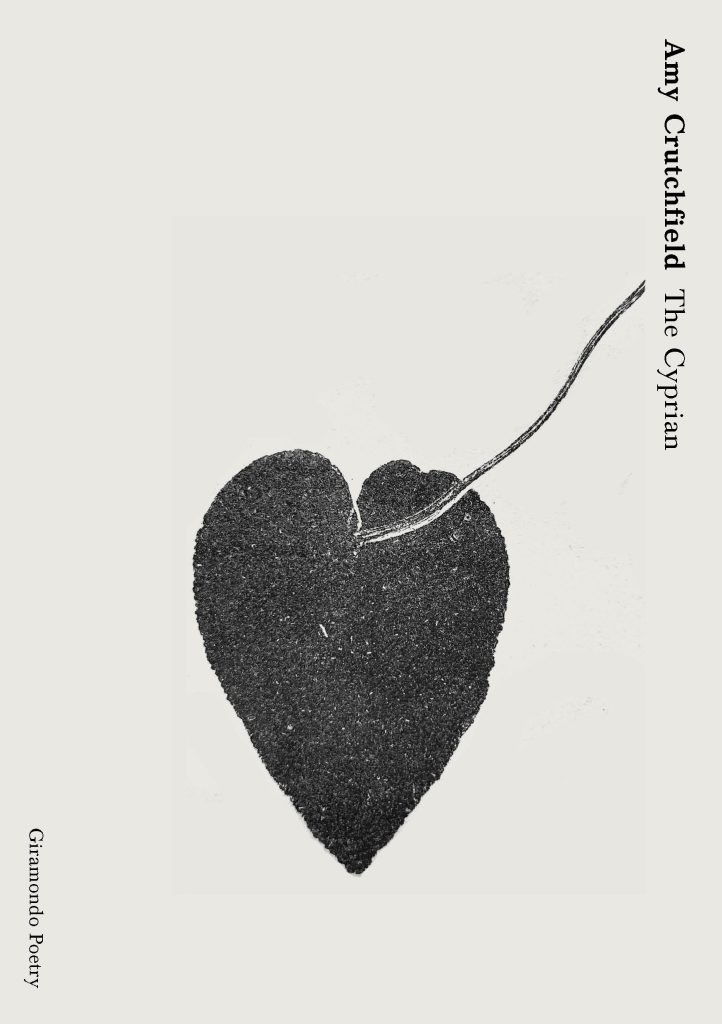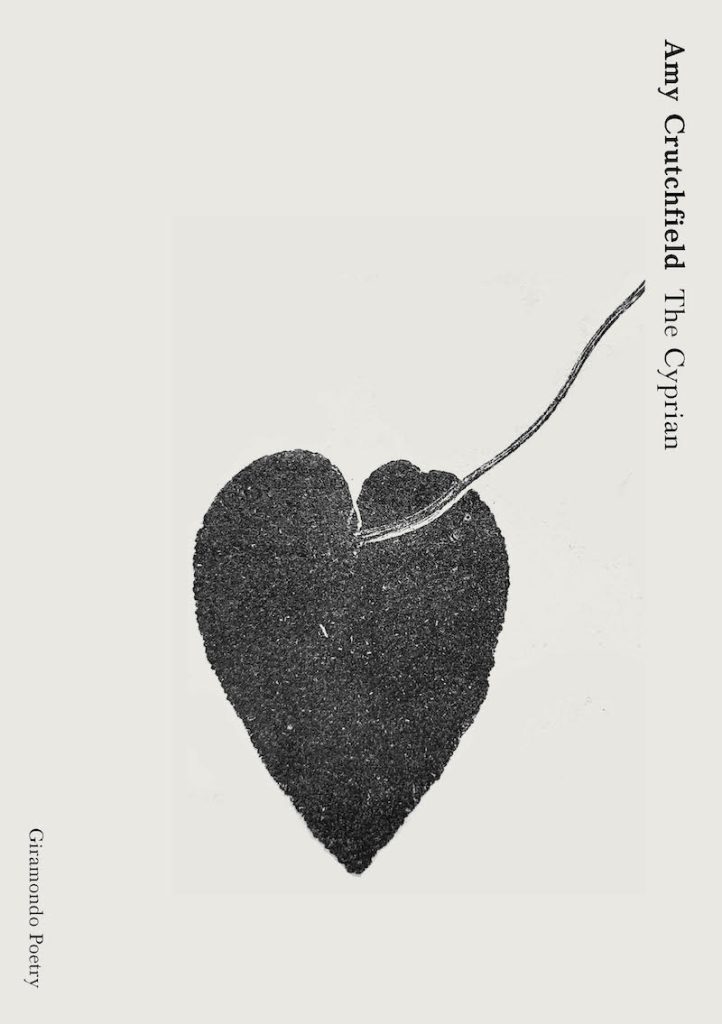Amy Crutchfield
Amy Crutchfield: a note on The Cyprian
Melbourne-based author Amy Crutchfield reflects on The Cyprian, her debut book of poetry, in which she interrogates the nature of love in all its forms. The book was released in September 2023.
That we’ve broken their statues,
that we’ve driven them out of their temples,
doesn’t mean at all that the gods are dead.
— ‘Ionic’ by C. P. Cavafy
To Homer, Aphrodite, goddess of love, is ‘the Cyprian’ and it was probably through Cyprus that Aphrodite first entered Greece. This book bears the goddess’s name, but perhaps it would be safer to dedicate it to her? Passionate and vengeful, if you don’t give the Olympians their due, they take it.
Although I didn’t set out to write a book about love, it is love that connects these poems: romantic, sexual, mythical, familial, historical and human. Love for the living and love for the dead. Although the poems also venture away from the centre; towards love’s borders, lawless places, and across those borders, to situations where love fails us, or we fail love.
Aphrodite has dozens of epithets. They allude to her powers in connection with sex, fertility, sex work, beauty, birth, seafaring and war, among other things. Each epithet reflects an aspect of the goddess or a facet of her aegis, being her sphere of influence. What struck me as I studied Aphrodite’s epithets was their range, and the consequent array of situations in which people must have turned to her.
The book has five parts, each is named after one of these epithets, and the poems within each part can be seen to congregate thematically around the epithet in its title.
The contemporary influences on this collection are many. They include singers and songwriters as well as poets, and I have no confidence I could accurately list them if I tried. However, as a needleworker uses backstitch, these poems often move back to move forward. A short way back, to, for example, Ernest Dowson’s ‘Cynara’, or Rilke, and further back also, to Sappho, Catullus and Homer.
In the quote above, Cavafy suggests that the gods may not be dead. Others have suggested they are only in exile. In any case, this book is not named for an imaginary figure from myth, or a character consigned to history, but rather the force she represents. A force which persists – fierce, intractable and undiminished.


‘A Narrow Field’: a poem from The Cyprian by Amy Crutchfield
We feature here a poem from Amy Crutchfield’s debut collection, The Cyprian (September 2023), a book that interrogates the nature of love, in all its forms. The collection is composed of five parts, reflecting different aspects of Aphrodite, the goddess of love and beauty. ‘A Narrow Field’ is the final poem of the fifth part, which is titled ‘Aphrodite Genetyllis – Protectress of births’.
Open, the coffin shocked me.
I had thought that we were more disposed
to keep things hidden.
Thought – I did not tick this box?
In any case, you looked well
wearing the clothes I’d chosen –
light, comfortable linen, a touch of colour.
As per the regulations
there was no one there.
Still, the choice had vexed me.
You wore your hair as a small cloud
with the promise of showers
and I patted it as a child might
size up a stick of floss.
I saw you as a great painting
recovered from a cave or cellar
with me the expert
able to recognise the original.
Bohr said that an expert
is a man who has made
all the mistakes
in a narrow field.
And probably I have made
mistakes on you.
Inside the coffin, a sable curtain
and two pink buds,
my infant fists,
tangled inside it. Tangled
in that way babies have
of grabbing, and I mean really
yanking, their mother’s hair.
The trick being
to stay calm,
even as a tear pricks.
So the baby knows it is not a game
which would only lead to more yanking.
The trick being to stay calm
as you unsnarl yourself
hair by hair
from their grasp.

